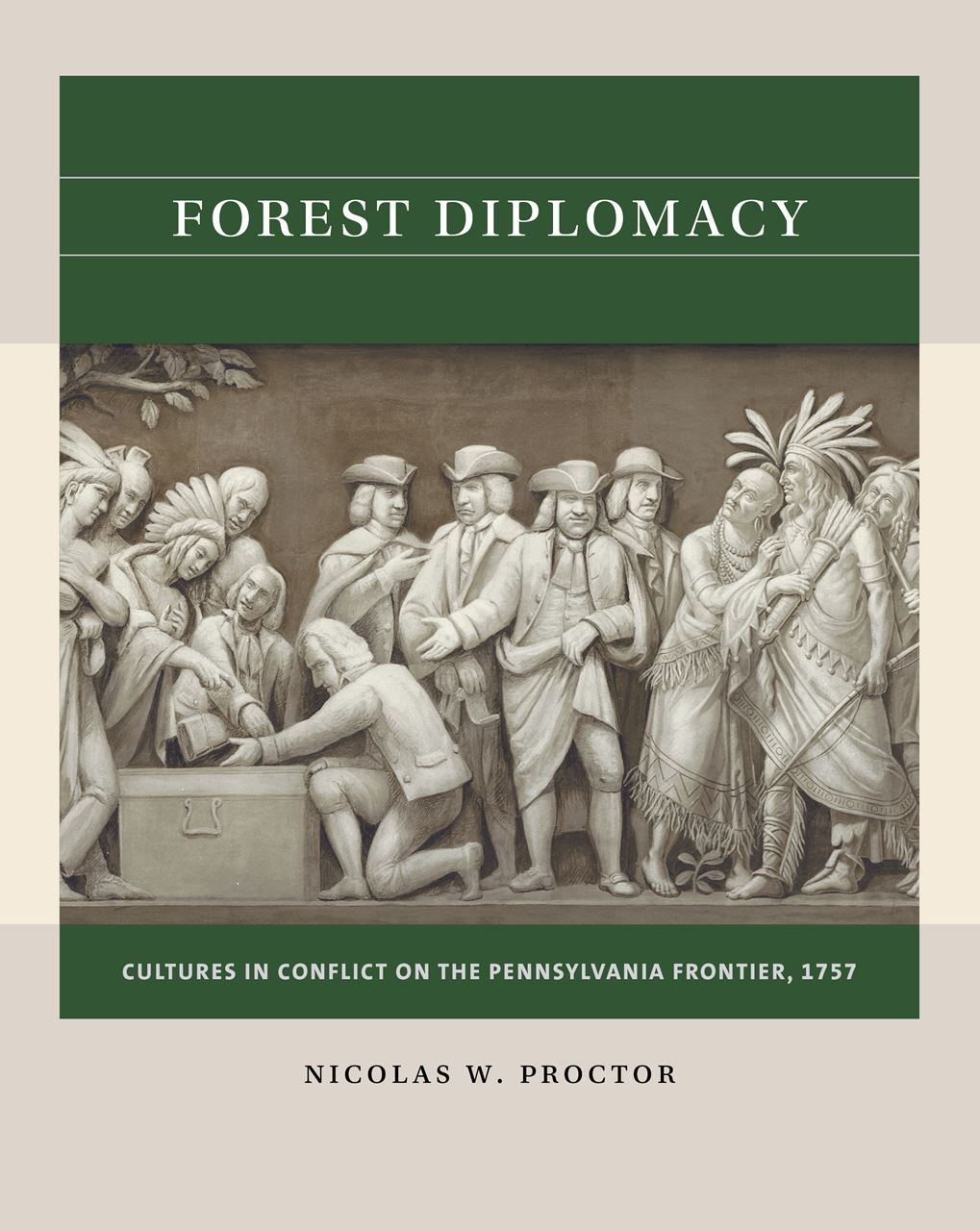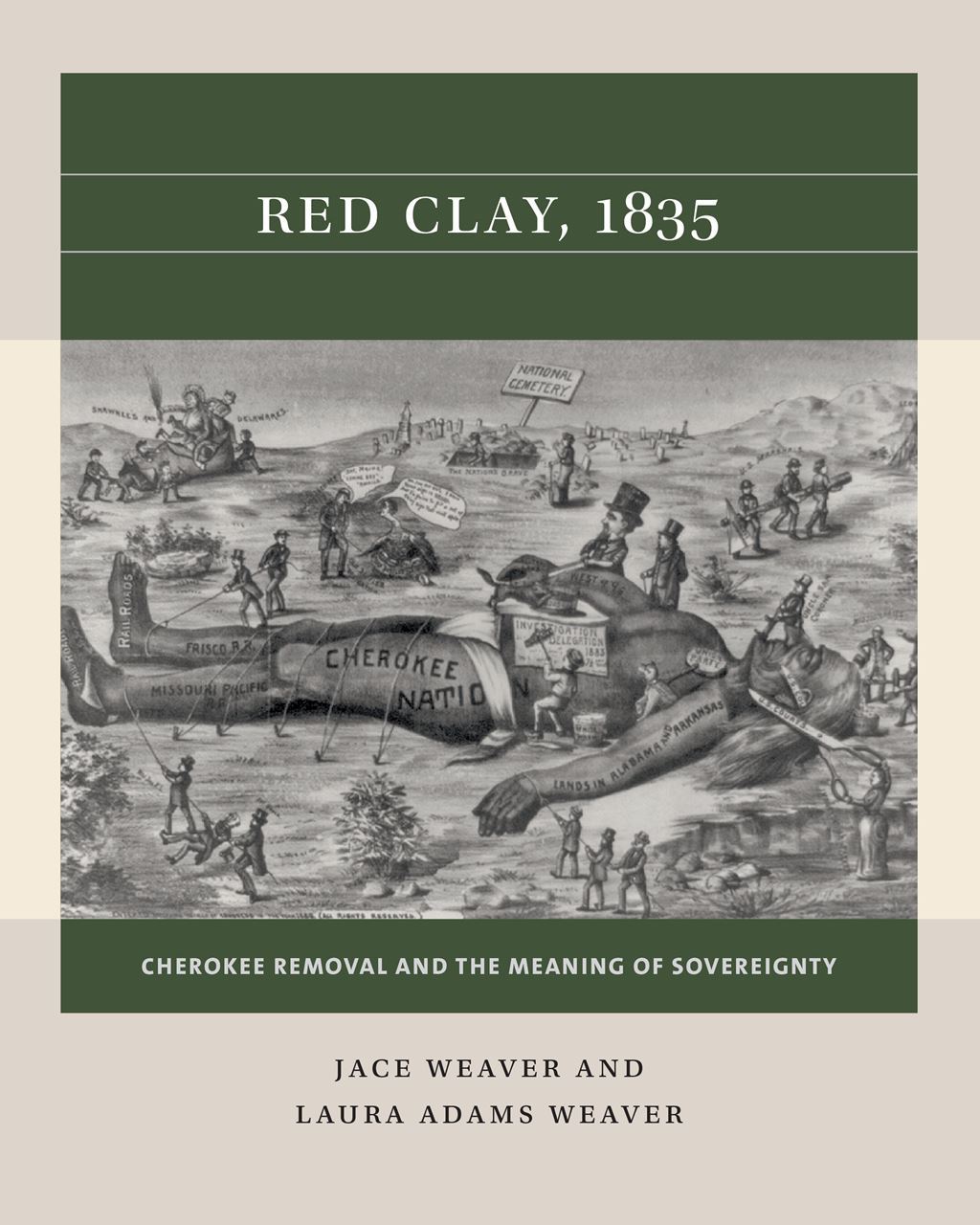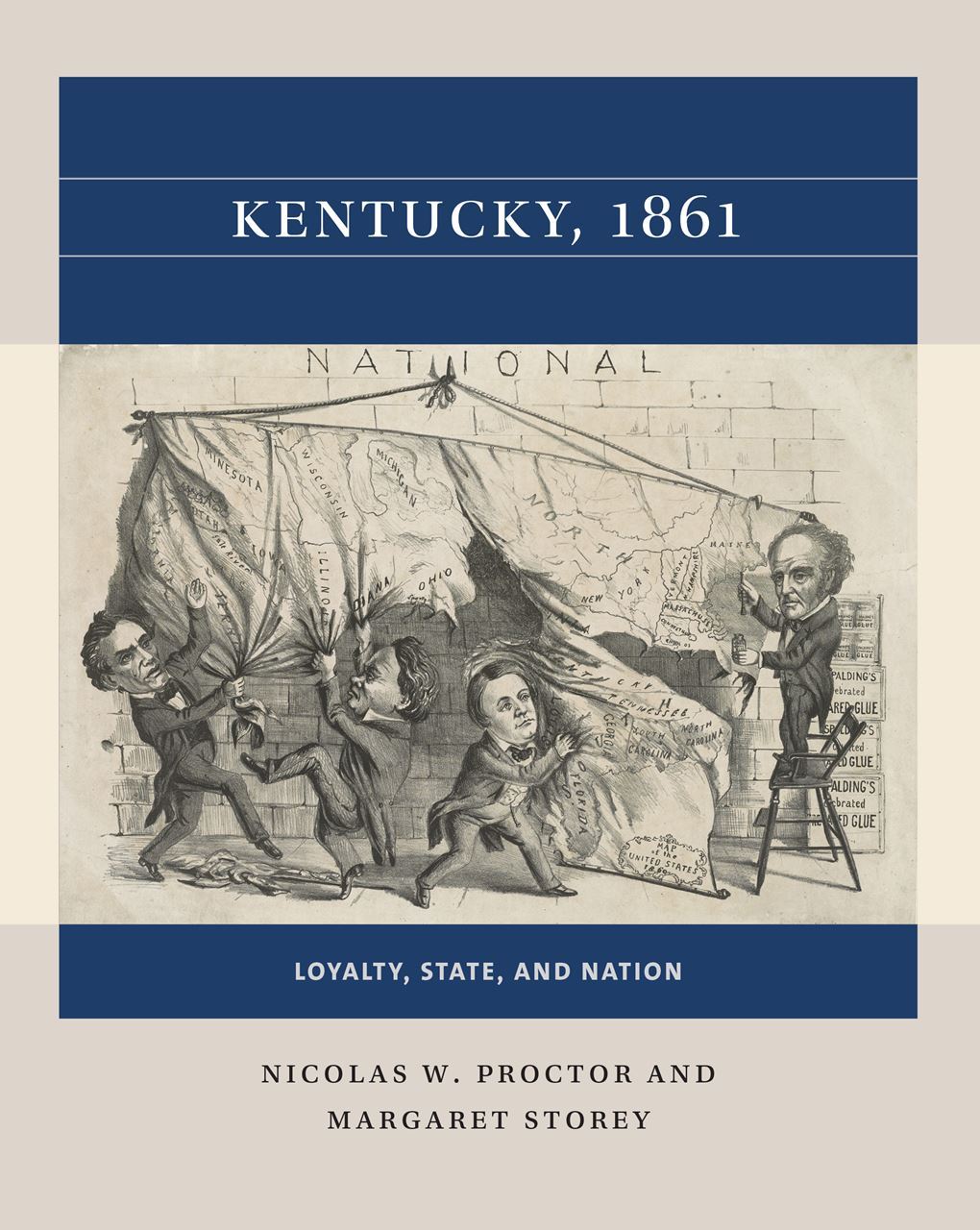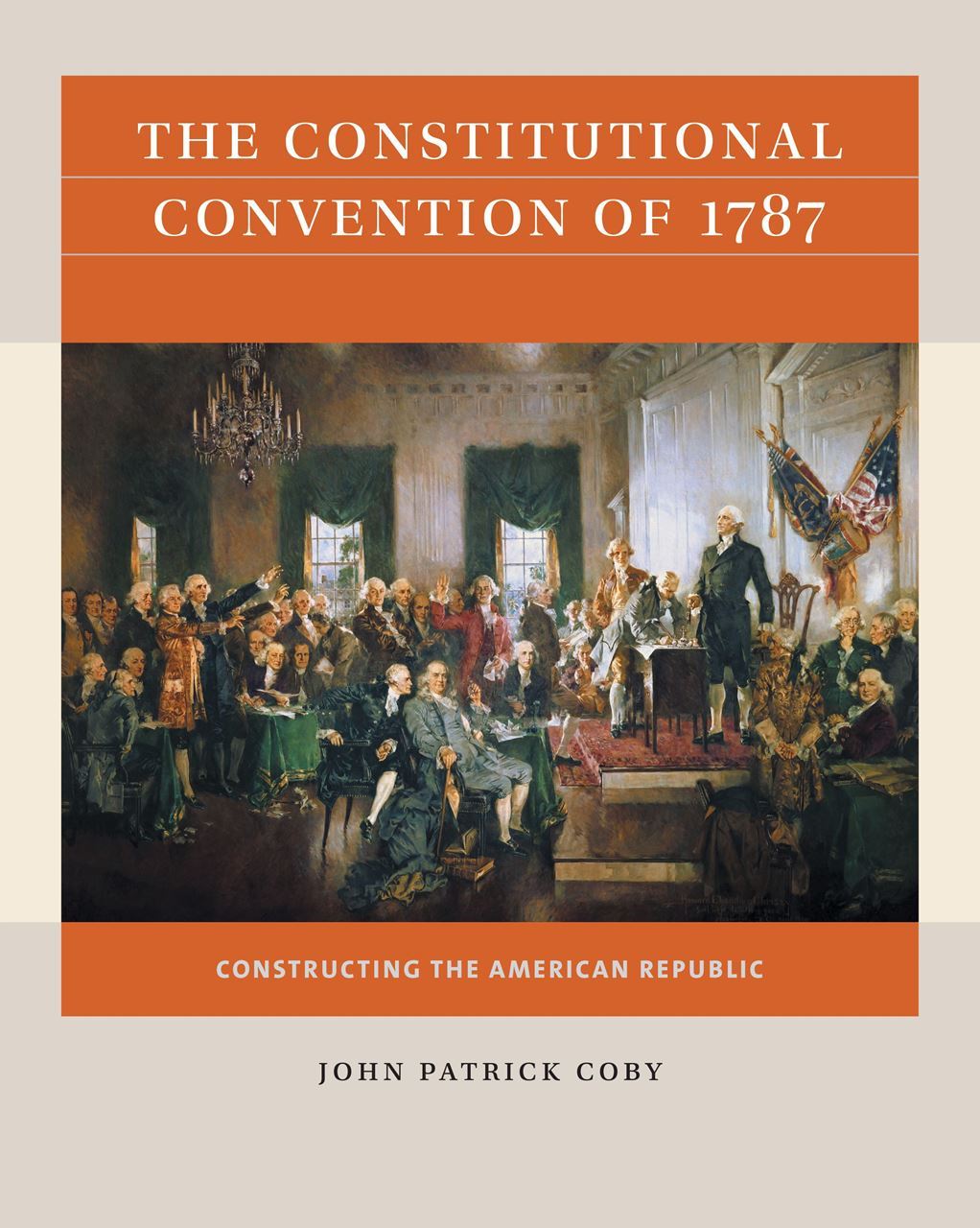 |
Cultures in Conflict on the Colonial Frontier This game begins with Pennsylvania and the Delaware Indians engaged in a vicious and destructive war. The focus of the game is a peace negotiation, which seeks to end the conflict. At the outset, students familiarize themselves with the historical context, previous treaties, firsthand accounts of the war, controversies over Quaker pacifism, and various Iroquois and Lenâpé cultural texts. Then, students divide into three groups: Interpreters, Pennsylvanians, and Indians. Initially, the latter two groups meet separately, but interpreters may shuttle back and forth. This gives students an opportunity to identify with their assigned cultures. It also allows distrust and suspicion to fester. Students reunite when formal treaty deliberations begin. The structure of these meetings is dictated by the traditional rituals of Indian forest diplomacy, which are intended to create a dispassionate space in the midst of the bloodthirstiness of war. Understanding the attendant cultural conventions becomes an essential element in peacemaking. Ignoring the protocols negates clever compromise on issues like scalping, the liquor trade, settlement, treaty-writing, and land ownership. When negotiations conclude, students must still maintain the peace. Negotiating a clever compromise is one thing, but if the treaty remains disagreeable to a significant number of participants, it collapses amid renewed violence. However, if enough participants can be convinced that the treaty represents a just peace, then it will stand. |
Details
|
Using the Game
Class Size and Scalability Class Time
|
 GAME MATERIALS
GAME MATERIALS
Confirmed instructors who are not yet members can access basic instructor materials. Reacting Consortium members can access all downloadable materials (including expanded and updated materials) below. You will be asked to sign in before downloading.
Gamebook Students need a Gamebook, which includes directions, resources, and historical content. The Forest Diplomacy Gamebook is published by UNC Press. Paperback ISBN: 978-1-4696-7073-7 Published July 2022 Available wherever books are sold. | Role Sheets Students also need a Role Sheet, which contains biographical information, role-specific resources or assignments, and their character's secret victory objectives. .pdf file. | Instructor's Manual The Instructor's Manual includes guidance for assigning roles, presenting historical context, assignments, activities and discussion topics, and more.
.docx file.
.pdf file. |
Nicolas W. Proctor
Nicolas W. Proctor grew up in Little Rock, Arkansas. After completing his B.A. in history from Hendrix College, he received an M.A. in Diplomacy and International Relations from the University of Kentucky, as well as an M.A. and Ph.D. in American history from Emory University. He is now a Professor of History at Simpson College in Indianola, Iowa, where he has also served as department chair and director of the first-year program. Proctor is also the Chair of the Reacting Editorial Board, overseeing game development. He lives in Des Moines, Iowa, with his family, a print shop, lots of books, five chickens, and too many Legos. After completing a traditional historical monograph, Bathed in Blood: Hunting and Mastery in the Old South, he reoriented his research to fit the needs of a teaching institution and focused on writing historical role-playing games. |
Members can contact game authors directly if they have questions about using the game. We also invite instructors join our Facebook Faculty Lounge, where you'll find a wonderful community eager to help and answer questions.
|
|
|



